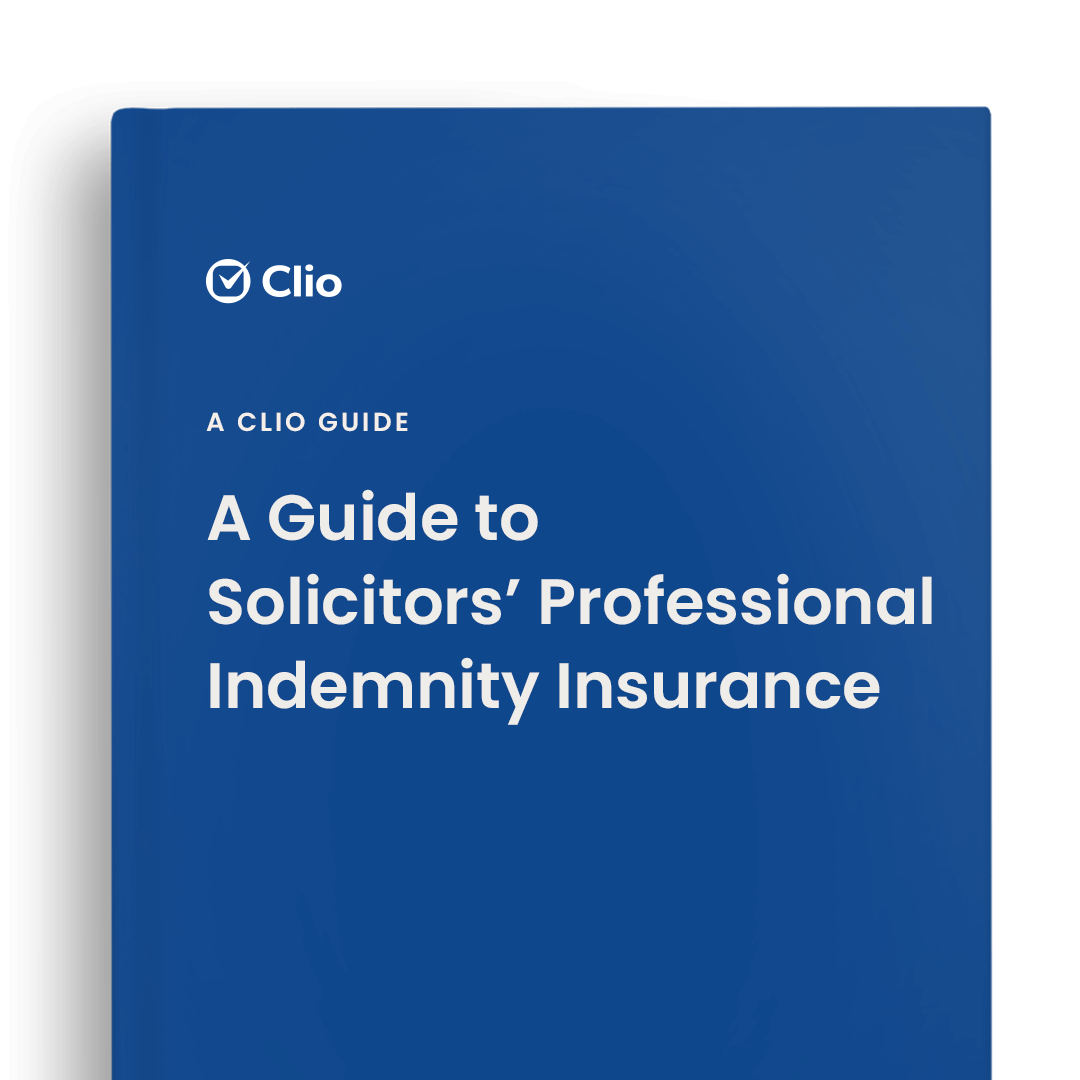The Solicitors Disciplinary Tribunal (SDT), the independent statutory tribunal which considers complaints of misconduct against solicitors, has been keeping busy as of late with a sharp rise in the number of those appearing before the tribunal. In 2021, the SDT received 136 applications for hearings involving practising solicitors, up from 114 in 2020. What’s more, 49 solicitors were struck off entirely.
Solicitors possess undeniable legal know-how. That said, it appears that many lack the accounting skills they (and their clients) require. The past year alone has seen countless examples of misconduct due to this issue alone.
An “exhausted” solicitor was recently struck off after overcharging clients by £474,108, admitting that he ‘”struggled to control the management and volumes of work, and the increases in the costs of running a solicitors practice, particularly PII contributions, make it difficult to achieve the profitability required to remain a viable practice in the context of cash flow requirements.”
Unfortunately, that’s not all. Another solicitor was recently fined £15,000 after failing to properly manage their clients’ financial affairs or protect their money or assets.
1. Don’t be scared to admit what you don’t know
Solicitors are used to being the go-to experts. When clients are in a pinch, they turn to their solicitor for help. But lawyers aren’t all-knowing—they too have gaps in their expertise.
Nobody expects solicitors to be accountants. However, they do expect them to have the legal accounting skills required to run their firm properly.
Be honest with yourself. Are you muddling your way through your finances, hoping that no unexpected letters from HMRC arrive through the door? If so, take the time to read up on law firm accounting best practices: client accounting, cash flow management, and how to generate consistent revenue, among other topics.
2. Create a robust legal accounting process
There’s a saying that goes, “If you can’t describe what you’re doing as a process, you don’t know what you’re doing”. This most definitely applies to law firm accounting. If firms can’t map out their law firm accounting processes, this spells trouble.
Conversely, organisation, integrated workflows, and consistent task management should eliminate all anxiety related to your law-firm accounting and ensure that your time is structured and optimised.
So, what exactly makes an ideal legal accounting process?
The “perfect” legal accounting system should include year-round expense reporting, accurate client accounting capabilities, and automated data entry. Most importantly, it should be purposefully designed around a law firm’s needs—not haphazardly thrown together in a last-ditch effort to avoid incurring the taxman’s wrath.
3. Use technology to build a strong infrastructure
You need to look beyond manually plugging numbers into spreadsheets. In today’s fast-changing world, this is a system doomed to fail. When solicitors have 101 tasks on their plate, it’s easy to miss a decimal point, or to fail to account for large chunks of money coming into the firm.
Implement industry-leading accounting software to take control over your firm’s finances. Better still, go one step further by selecting a tool that integrates directly with your practice management software. If you’re a Clio user, that might mean opting for legal accounting software integrations, such Quickbooks, Xero, Klyant, or The Cashroom.
Picking one of these tools means all data will automatically pass from your accounting system to your practice management software. There will be no data silos, no missing information. You’ll always know exactly how much you’ve received (or are owed), from which cases/clients, and when it’s due.
Take the stress out of law firm accounting. Select a reputable tool, integrate it with your practice management software, and focus on what matters: your clients’ cases.
4. Don’t do it alone
Bring in a professional, preferably one with an understanding of legal accounting who is familiar with your legal practice management system and accounting software. Try to avoid relying on unqualified spouses or partners to assist with your bookkeeping as they will not be able to provide you with the necessary business insight required. By doing this you can eliminate any anxiety which may occur around tax season.
The SDT gives a warning that UK solicitors should take heed of: “Frequently small problems escalate. Such solicitors would do well to remember that an admission of wrongdoing, a request for help, and an attempt to put things right may save a professional career.”
5. Remember: it’s an ongoing process
Accounting, like the law, is evolving rapidly. Every year brings new regulations to contend with—and new tools promising to increase efficiency and eliminate errors. The takeaway is simple: law firm accounting isn’t a ‘set it and forget it’-type activity.
Firms must continually keep their eyes and ears to the ground. Solicitors should always be on the lookout for ways to shore up their firm’s accounting processes. For example, by signing up for webinars discussing the outsized importance of outsourcing.
Don’t fall behind. It’s far easier to stay up to date than it is to catch up after the fact.
6. Don’t let your firm (or your clients) down
Improper accounting practices ruin firms. Solicitors might be struck off, clients’ cases are affected, and they may even bear the financial brunt of their lawyers’ lack of know-how (for example, by overpaying for legal services).
The solution is simple: stay on top of your accounting duties. Check out the latest resources, stay up to date with new regulations, and don’t be afraid to admit what you don’t know. Take ownership over your accounting before it unravels beyond repair.
Most importantly, give yourself the peace of mind to focus on your clients.
We published this blog post in July 2016. Last updated: .
Categorized in: Business, Legal Accounting
PII costs a challenge?
Check out this free guide to solicitors' professional indemnity insurance for tips and techniques to getting the best deal.
Download for free




